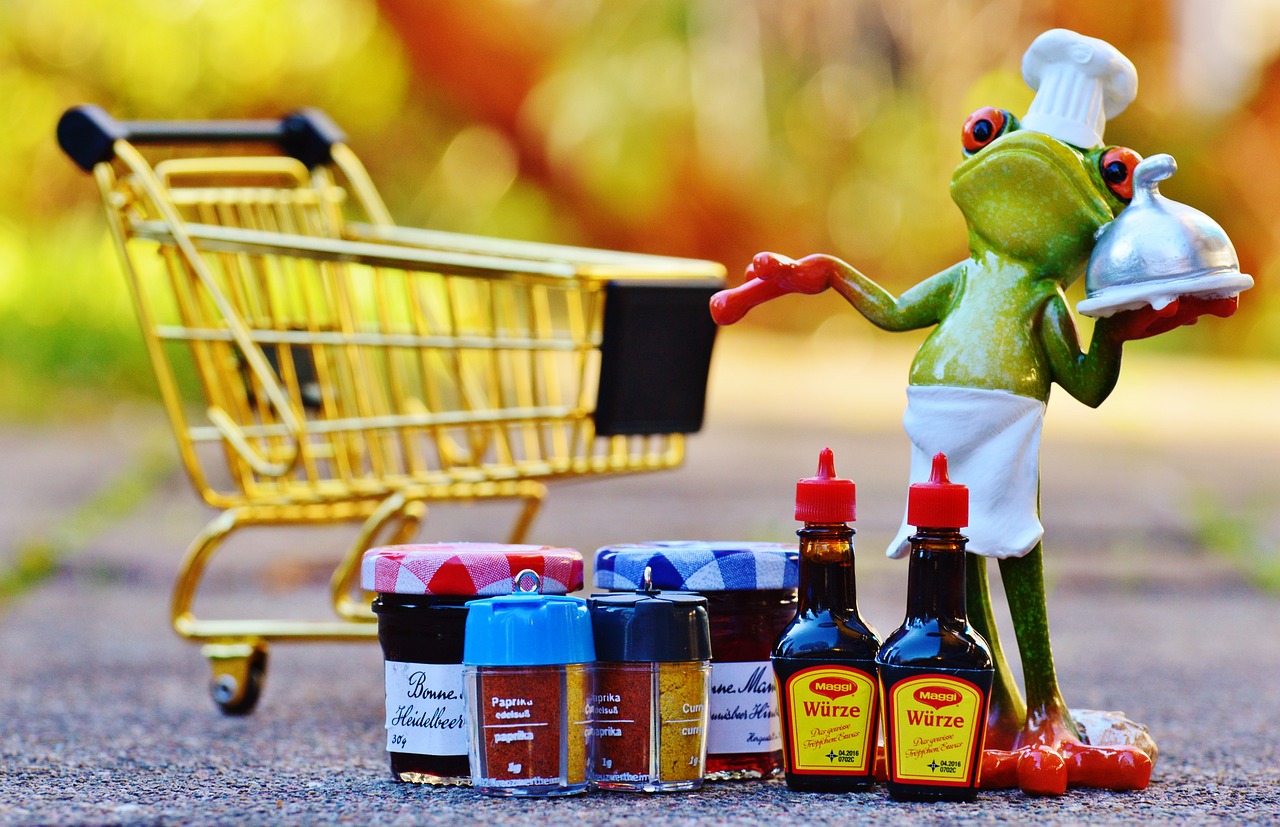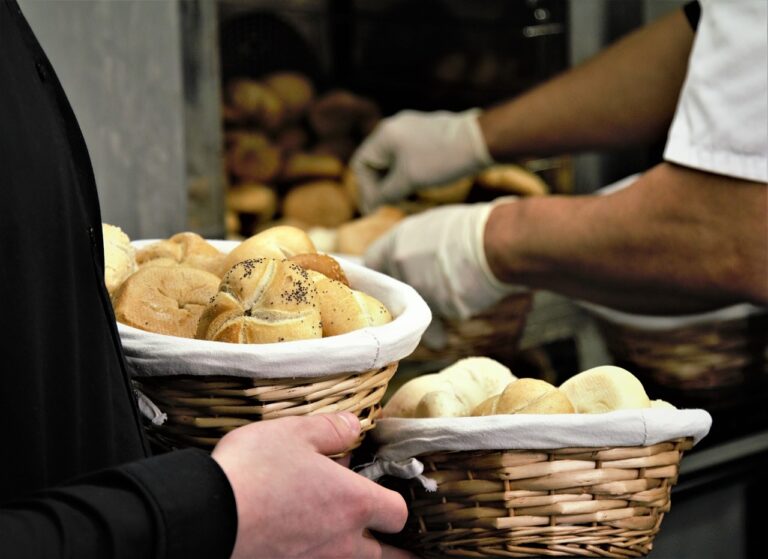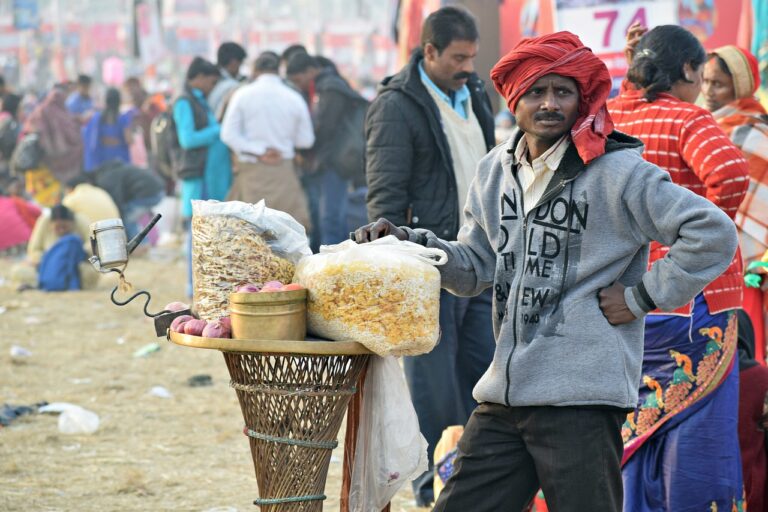The Role of Souvenirs in Promoting Local Craftsmanship: Diamond exchange sign up, Sky99exch com login, Reddy book club
diamond exchange sign up, sky99exch com login, reddy book club: Souvenirs are more than just trinkets we buy on vacation – they play a crucial role in promoting local craftsmanship and preserving cultural heritage. These little mementos not only help us remember our travels, but also support local artisans and craftsmen who pour their heart and soul into creating these unique pieces.
When we purchase souvenirs made by local craftsmen, we are not only bringing home a piece of that destination with us but also supporting the local economy. These artisans often rely on the sale of their crafts to make a living, and by buying their products, we are directly contributing to their livelihood.
Local craftsmanship is an essential part of a destination’s cultural identity. Each region has its own unique traditions, techniques, and materials that are passed down from generation to generation. By purchasing souvenirs made by local craftsmen, we are helping to preserve these traditions and ensure that they are passed on to future generations.
In addition to supporting the local economy and preserving cultural heritage, souvenirs also serve as a tangible connection to our travel experiences. They are a way for us to relive our adventures and share them with others. Whether it’s a handcrafted pottery piece from a local artisan or a woven basket from a small village, each souvenir tells a story and holds memories of the places we have visited.
Furthermore, souvenirs can be a great conversation starter and a way to educate others about different cultures and traditions. When we display these unique pieces in our homes or give them as gifts, we are sharing a piece of that destination’s culture with others and sparking curiosity and interest in the craft and history behind the souvenir.
FAQs:
1. Are souvenirs always made by local craftsmen?
Not always. It’s essential to research and choose souvenirs that are genuinely made by local artisans to ensure that you are supporting the local economy and preserving cultural heritage.
2. How can I find authentic souvenirs made by local craftsmen?
Look for artisan markets, local shops, and co-operatives that specialize in selling handmade crafts. Avoid mass-produced souvenirs typically found in tourist shops.
3. Are souvenirs more expensive when buying directly from local craftsmen?
While some handmade souvenirs may be pricier than mass-produced ones, the quality and craftsmanship of locally-made products often justify the cost. Remember, you are investing in a piece of art and supporting local artisans.
4. How can I ensure that the souvenir I am buying is ethically made?
Ask the artisan or shop owner about the materials used, the production process, and the impact of your purchase on the local community. Do your research and support businesses with transparent practices.
In conclusion, souvenirs play a vital role in promoting local craftsmanship, supporting the local economy, preserving cultural heritage, and creating meaningful connections between travelers and the places they visit. So next time you’re traveling, consider investing in a handmade souvenir that tells a story and supports the talented artisans behind it.







